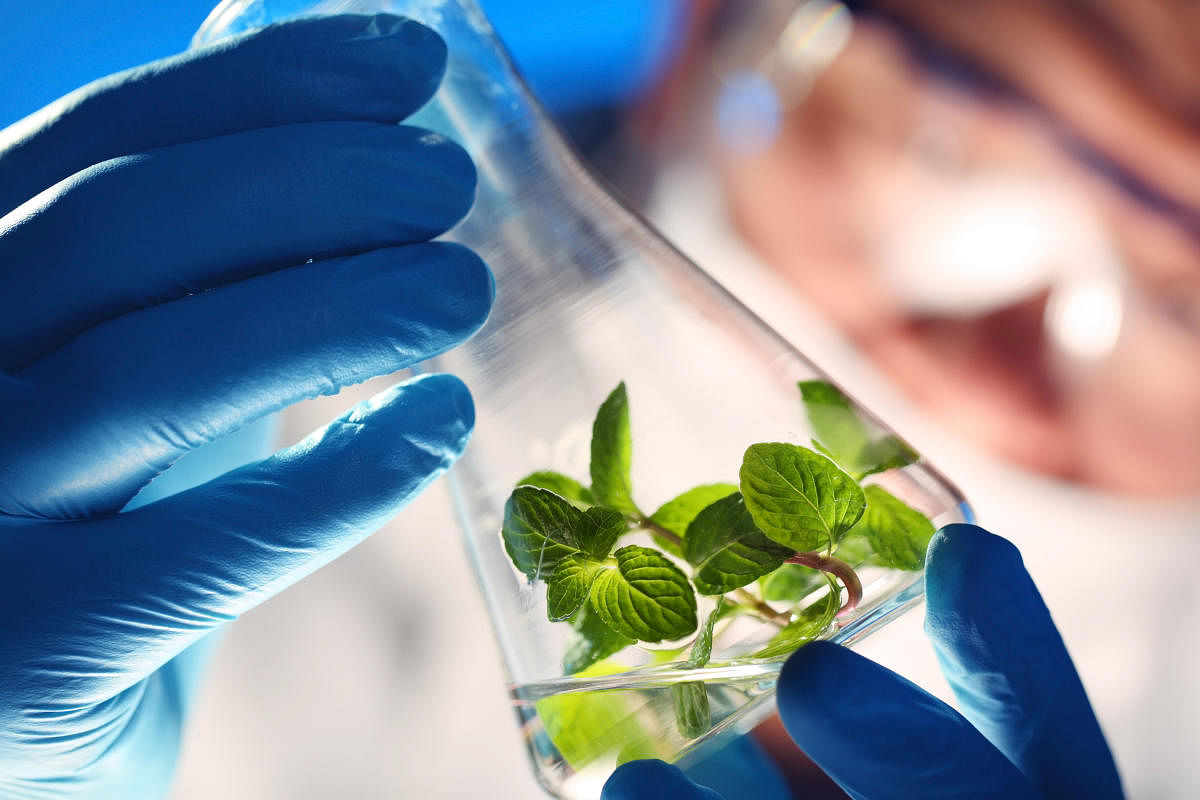
The COVID-19 pandemic seems to augur well for the nutraceutical industry as people are increasingly opting for preventive healthcare or immunity-boosting supplements to cope with the present situation.
Dietary Supplements, which include vitamins and minerals (40%), proteins (22%), and others such as herbal supplements (32%), constitute about 65% of the Indian nutraceutical market. The segment is growing at over 16-17% per annum.
Health Foods and Dietary Supplements Association (HADSA) foresees an additional 1-2% surge in this segment after the current pandemic.
According to a HADSA spokesperson, The adage, ‘prevention is better than cure’ is now well etched into the minds of consumers, driving them towards health supplements and nutraceuticals.
Sami- Sabinsa Group, a health-science and nutraceuticals company, has seen a 50% growth in the first quarter of this year.
Muhammed Majeed, Founder and Chairman, Sami- Sabinsa Group said, “Our focus markets are USA, Europe and Japan which attribute for more than 90% of our business that is export oriented. Hence, there will be a positive impact on our balance sheet, as sales of our ingredients continue to rise rapidly.”
Bhookha Haathi, an alternative foods & health based nutraceutical-tech company was largely into retail operations and had little online sales before Covid-19. Towards April end, the company launched a version 2.0 of its website with all e-commerce capabilities
Abhimanyu Rishi, Director, Bhookha Haathi said, “We have seen a consistent sales of up to 5 Rs lakh on a weekly basis, which is almost around 80% of our retail sales, just by the launch of our first campaign.”
According to a vision 2022 document on the Indian nutraceutical market by industry organisation Assocham, the Indian nutraceutical market is poised to grow from $2.8 billion in 2015 to $8.5 billion by 2022.
Steadfast Nutrition, a premium sports nutrition company has also seen an expansion in customer base from majorly athlete to wellness clients during the lockdown.
The business at Steadfast Nutrition in March and April came down to around 10% of the business.
Aman Puri, Founder of Steadfast Nutrition mentioned, “The sales started picking up from May. We have witnessed a high demand for immunity boosters in past one month and are expecting to succeed the combined sales of April and May in June by at least 20%.”
While there has been an increase in demand, according to HADSA, the global market for nutraceuticals products has contracted due to the Covid-19 crisis with China’s manufacturing shutdown, and sudden recession conditions in regions such as North America, Europe and Asia Pacific.
“This could be because 75%-80% of raw material used in dietary supplements were sourced from the country. The production of nutraceutical products has reduced, and the demand-supply gap is created due to the lockdown across the world,” said the HADSA spokesperson.
Steadfast Nutrition’s Puri said, “The supply-chain has suffered due to COVID-19 globally leading to pre-planning of maintaining the inventory becoming necessary for every company,”
Aarti Gill, Co-founder of OZiva, a plant based nutraceutical firm said that while there were hindrances in supply chain and manufacturing due to the lockdown, the company is now seeing a 40% increase in demand related to plant-based supplements, giving a significant fillip to business during this period.